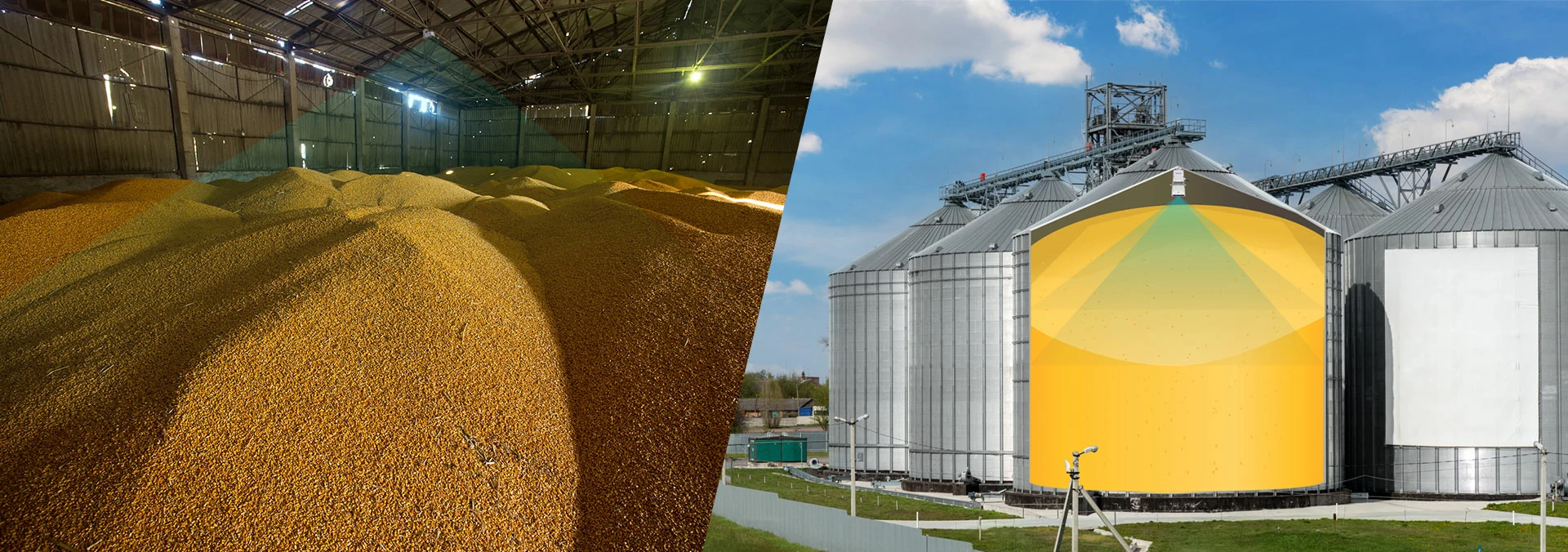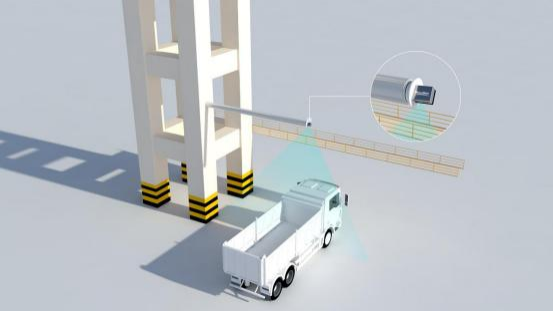
What are Tools That Measure Volume?
Tools that measure volume are instruments used to determine the amount of space occupied by a substance or object. Common tools for measuring volume include graduated cylinders, beakers, pipettes, and burettes. These tools are typically marked with calibrated scales that allow for precise measurements in milliliters or liters. By using these tools, scientists, researchers, and students can accurately quantify liquids and solids, aiding in various experiments, analyses, and calculations.
Why are Tools That Measure Volume Important?
Tools that measure volume are important because they allow for accurate and precise quantification of liquids, gases, and solids. By determining the volume of a substance, researchers, scientists, engineers, and various professionals can ensure proper dosing, mixing, and handling of materials in various industries such as pharmaceuticals, food and beverage, construction, and environmental science. Additionally, volume measurements are crucial for quality control, compliance with regulations, and overall efficiency in processes. In summary, tools that measure volume play a critical role in ensuring consistency, safety, and effectiveness in a wide range of applications.
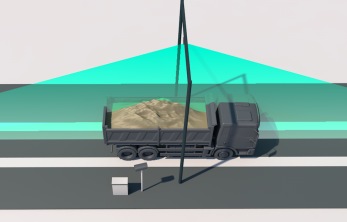
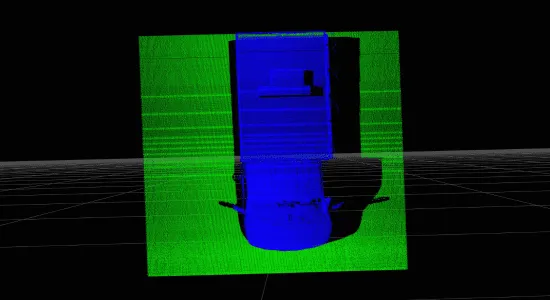
Technologies Used in Tools That Measure Volume
Technologies used in tools that measure volume vary depending on the specific application and level of precision required. Common technologies include ultrasonic sensors, laser distance meters, and pressure transducers. Ultrasonic sensors emit sound waves that bounce off the surface of a liquid or solid material to determine its volume. Laser distance meters use laser beams to calculate distances and volumes based on the time it takes for the beam to reflect back. Pressure transducers measure the pressure exerted by a fluid to determine its volume. These technologies are essential in industries such as manufacturing, construction, and environmental monitoring where accurate volume measurements are crucial for quality control and safety compliance.
Recent Advancements in Tools That Measure Volume
Recent advancements in tools that measure volume have revolutionized various industries by providing more accurate and efficient ways to quantify space. Traditional methods of measuring volume often involved manual calculations and estimations, leading to potential errors and inconsistencies. However, with the introduction of advanced technologies such as 3D laser scanners, drones equipped with LiDAR sensors, and software applications utilizing artificial intelligence, measuring volume has become faster, more precise, and less labor-intensive. These tools can capture detailed spatial data, analyze complex shapes and structures, and generate comprehensive volume measurements within a fraction of the time it would take using conventional methods. Overall, these advancements have significantly improved productivity, decision-making processes, and overall project outcomes across sectors like construction, agriculture, mining, and environmental monitoring. Brief Answer: Recent advancements in tools that measure volume, such as 3D laser scanners, drones with LiDAR sensors, and AI-powered software applications, have transformed the way volume is quantified in various industries. These technologies offer faster, more accurate, and efficient methods for capturing spatial data and generating precise volume measurements, enhancing productivity and decision-making processes in fields like construction, agriculture, mining, and environmental monitoring.
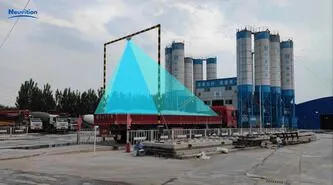
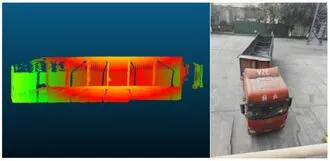
Application Areas of Tools That Measure Volume
Tools that measure volume, such as graduated cylinders, beakers, and pipettes, are essential in various fields and industries. In the scientific research sector, these tools are used to accurately measure the volume of liquids and solutions for experiments and analysis. In the medical field, they are crucial for measuring precise dosages of medications and fluids. In the culinary industry, measuring cups and spoons are used to ensure accurate ingredient proportions in recipes. Additionally, in manufacturing and construction, tools that measure volume are utilized for precise mixing of materials and determining container capacities. Overall, these tools play a vital role in ensuring accuracy and consistency in a wide range of applications. Brief answer: Tools that measure volume are used in scientific research, medicine, culinary arts, manufacturing, and construction industries to ensure accurate measurements of liquids, ingredients, and materials.
Neuvition Volume Measurement Solution
Neuvition offers a comprehensive volume measurement solution designed to meet the needs of various industries, including truck, warehouse, and outdoor pile measurement. Our solutions leverage advanced technologies to provide accurate, reliable, and cost-effective volume measurement data, enabling businesses to optimize their operations and make data-driven decisions.
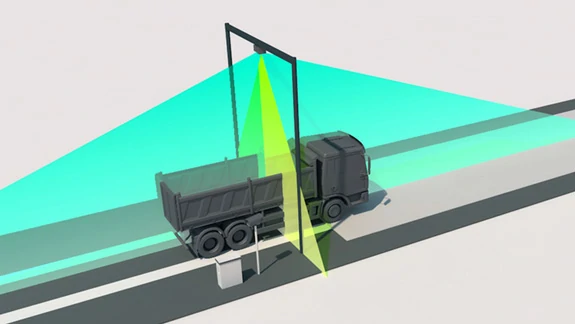
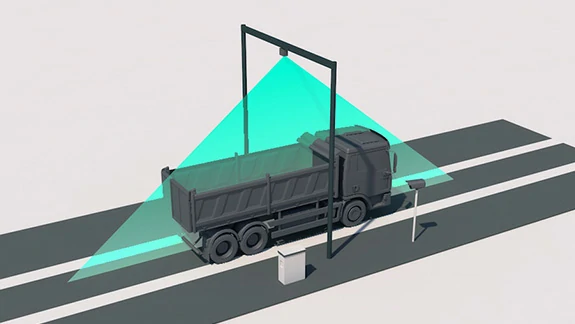
Neuvition Single Line LiDAR Solutions
Neuvition's Single Line LiDAR solutions, including the Titan M1 SL, Titan P1, and Titan W1 with PTZ, are designed to provide accurate and efficient volume measurement in various applications. These solutions combine high-resolution laser scanning with advanced software to deliver precise data and user-friendly interfaces, making volume measurement more accessible and effective than ever before.
FAQ






Contact Us
If you have any questions or suggestions, please leave a message, we will get in touch with you within 24 hours!
